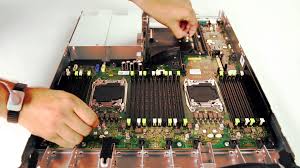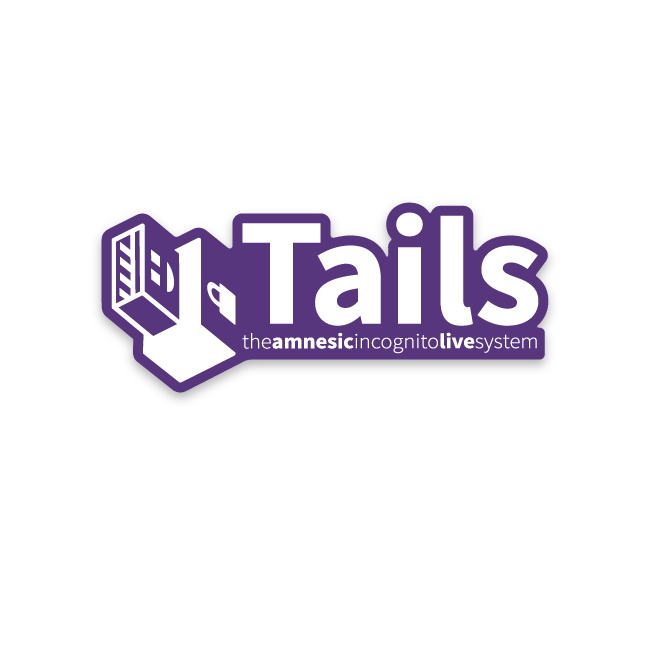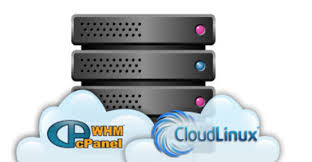
Most people believe that basic dedicated servers can deliver the best performance for their websites. This is not true as website performance is also determined by other factors like traffic to the website, coding side optimization and load on the server. Also the hardware configuration should be efficient enough to handle the amount of traffic. According to the general nature of the website, it is important to choose the right hardware components at the time of purchase itself. This blog discusses some of the factors to be considered, while choosing the hardware components of a dedicated server.
1) Enterprise Grade Hardware:
The Enterprise Grade Server delivers the best performance and stability when compared to normal server hardware. The cost would be comparatively higher than that of the normal hardware, but the advantages far outweigh the competition. It is always better to choose efficient components with longer life span, rather than choosing cheap alternatives.
2) CPU:
Being the brain of the server, the CPU handles the processes. The Quad core processor and related configurations are considered as the server class processor. They deliver good performance to the website and the total number of threads handled by the server would be twice the number of cores available.
3) Hard Drives:
The type and capacity of the hard drive should match the requirements. If the website commands heavy traffic, a higher rate of read & write is mandatory. The SSD drives can provide the best performance among hard drives, where the SAS drives deliver the second best performance. However, they are comparatively costly. The SATA drives are available at cheaper rates but they don’t score high on performance.
4) ECC Memory:
In case of multiple websites hosted under the same server, it is recommended to consider at least 6 GB ECC (Error Correcting Code) memory for the optimum performance of the dedicated server. The ECC is recommended as it automatically detects and rectifies internal data corruption, bit flip issues, etc., which the system may encounter during electromagnetic interference.
5) RAID Configuration:
In case of concerns on data security and performance, RAID controllers can be used. Different types of RAID cards are available, based on the type of requirement. RAID 0 increases the performance of the drives, and RAID 1 ensures the redundancy of the website. Generally, hardware RAID cards are recommended over software RAID.
6) Port Speed:
Before deciding on the port speed, we need to have a better idea on the current bandwidth consumption of the website. In case of regular excessive traffic, it is always recommended to consider the 1000Mbps port speed. If the traffic is too low, then a standard 100Mbps port would be sufficient for the requirement.
7) Hardware Firewall:
Hardware Firewall is more important, when it comes to hosting high traffic websites. It comes at a price, but is effective in controlling attacks to the server. However, it might not be enough to handle heavy distributed attacks such as a DDOS. For example, the gaming servers, which are prone to DDOS attack, are less likely to be protected by a hardware firewall alone.
8) DDOS Protection Hardware
DDOS protection is generally costly, but is inevitable for the websites that have heavy concurrent traffic. A well-executed DDOS attack can bring down the website for hours or even days and can destroy the entire reputation of the site. DDOS plays the role of the protector, by filtering genuine traffic from the attackers.
Selecting the server by properly evaluating the hardware components can surely guarantee better performance, rather than just choosing a low cost server.




